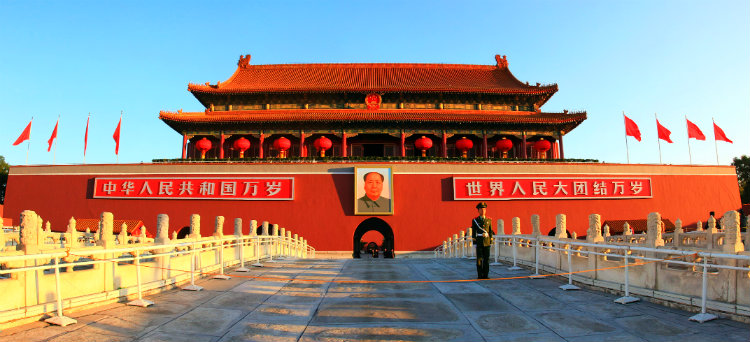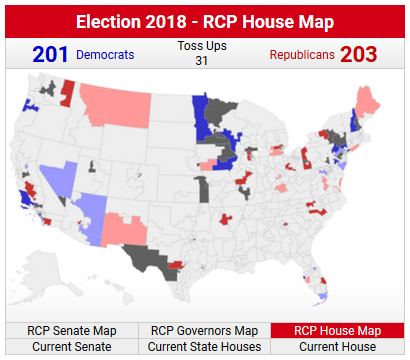Giuseppe Sandro Mela.
2018-06-11.
China Internet Information Center
«China.org.cn offers broad access to up-to-date news about China, with searchable texts of government position papers and a wealth of basic information about Chinese history, politics, economics and culture.
The authorized government portal site to China, China.org.cn is published under the auspices of the State Council Information Office and the China International Publishing Group (CIPG) in Beijing.»
*
Riportiamo il commento ufficiale del Governo cinese sulle vicende del G7, ed in particolare sul comportamento di Mr Justin Trudeau. Si consideri che usualmente questi commenti sono scritti in linguaggio diplomatico, comprensibile bensì ovattato.
I contenuti esposti sono tali che ogni ulteriore commento sarebbe inappropriato.
«Trudeau’s statements are “amateurish” and “sophomoric” only “for domestic consumption»














